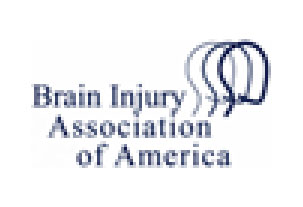According to Seedol, a study conducted by a team of researchers in the Netherlands suggests a decline in the number of children diagnosed with cerebral palsy. The study findings were published in the journal of Pediatrics concluded that promising developments have been made in recent years in terms of cerebral palsy diagnosis and their severity on infants born prematurely.
The study conducted by the University Medical Center Utrecht examined 3,000 children born prematurely, a group commonly susceptible to being diagnosed with cerebral palsy, over a 15-year period from 1990 to 2005. The researchers found that 6.5 percent of the infants born between 1990 and 1993 were diagnosed with the birth injury, while only 2.2 percent of infants born between 2002 and 2005 received a similar diagnosis.
The decline could be attributed to technological and medical advances, study authors suggest. Advances in perinatal and neonatal care may have contributed to the decline, while the improvement in those fields has also lessened the severity of the condition in many of the patients.
Cerebral palsy is a common birth injury that can harshly damage the brain of an infant. Some birth injuries can happen naturally, where others can happen due to medical negligence during birth. Birth injuries inflicted during the birthing process may come from respiratory failure, c-section error, lack of oxygen, fetal distress and other birth trauma.













